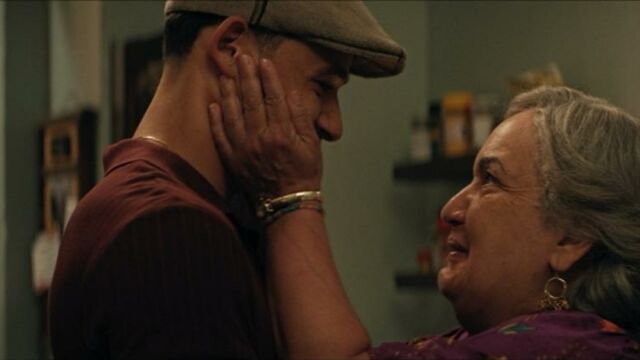We've come a long way! In the 19th century, average life expectancy was just 40 years. Today, we live much longer, up to 87 years on average. More importantly, the number of centenarians worldwide is also higher. But can we all live that long? Could you live to be 100?
Discover our latest podcast
Blue zones
Several research studies, such as that of Dan Buettner, researcher and explorer for National Geographic, show that average life expectancy is increasing worldwide. This is due in particular to the many advances in modern medicine. These advances have led to better detection and, above all, better treatment of diseases. Better still, the number of centenarians is on the rise, and certain areas of the world stand out for their high concentration.
These areas of record longevity are known as blue zones. Dan Buettener defines them as:
Communities of people with significantly higher-than-average longevity, where the inhabitants live vibrantly into their final days.
There are officially 4 in the world: the province of Nuoro in Sardinia, the island of Ikaria in Greece, the island of Okinawa in Japan and the Nicoya Peninsula in Costa Rica. A fifth is the city of Loma Linda in California.
100 years old, how do you get there?
According to Dan Buettner, who led the study, the increase in life expectancy is not solely due to medical progress. He was able to observe the lifestyles of the people living in the blue zones, and came to the conclusion that they all had 9 things in common:
- moderate physical activity
- few sources of stress
- adequate caloric intake
- a mainly plant-based diet
- moderate alcohol consumption
- a spiritual commitment
- a close family circle
- strong friendships
A whole set of precepts to help you live a better life until your last days, and why not 100 years?
Watched the Blue Zones on Netflix the past few days.
— Tristan | Decentralized Health (@bitcoinand_beef) November 5, 2023
Initial thoughts ⬇️
Things Dan Buettner got right:
-Community
-Sense of purpose
-Passive movement daily
-Food made from scratch w/ local ingredients
-Working physically
Things Dan got wrong:
-Plant based diet… pic.twitter.com/dPbqnFsUCh
Read more:
⋙ The way you walk could predict when you're going to die
⋙ Scientists trial new drug that could help us live until 120 years old
⋙ This cat that is 100 in human years has finally found a retirement home
⋙ They met at 100 years old and tied the knot
This article has been translated from Gentside FR.
Sources used:
BBC: Do we really live longer than our ancestors?
National Library of Medicine: Blue Zones















